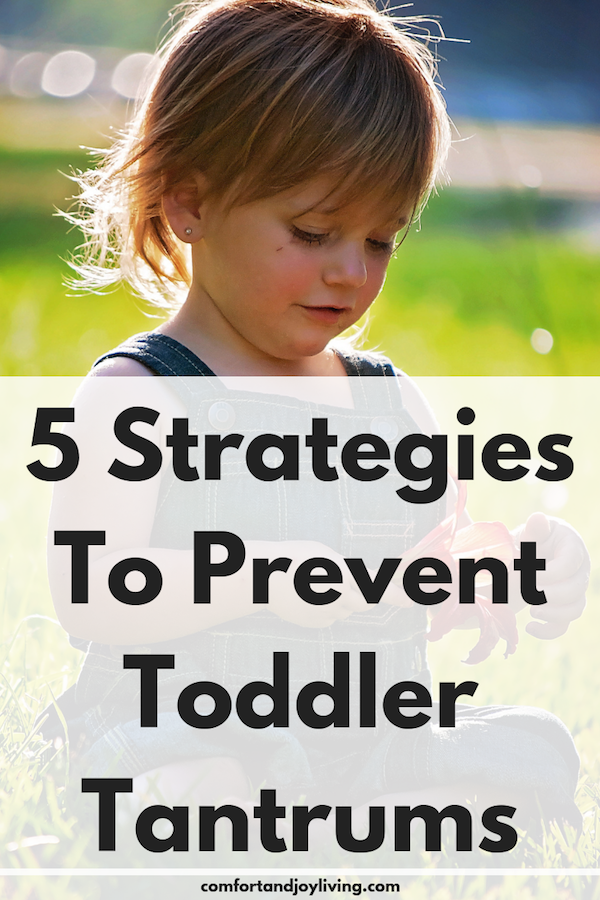Weekend & Monthly Events for Kids and Families, plus Summer Camp Guides:
Atlanta Boston Chicago Houston Los Angeles
New York City Philadelphia San Francisco Washington D.C.
RECIPES DIY HOME GARDEN IDEAS PARENTING KIDS CRAFTS HIRING NOW (JOB BOARD)
5 Strategies To Prevent Toddler Tantrums
When your child is having a tantrum, it can be hard to keep yourself from having a meltdown yourself. Toddlers are still at a tender age where they haven’t developed good coping skills and tend to lose it instead. And although this is just part of your toddler’s development, there are ways to decrease the frequency and duration of your child’s tantrums.
1. Establish Routines for Your Child.
Toddlers need structure so they know what to expect. It helps make them feel secure. It helps them to know that they’ll have nap time after they play or have lunch. Or that bedtime happens after a bath. It’s not that difficult to schedule their day. For instance, I know on any particular day when my toddler has the most energy and wants to play, he’ll develop an appetite after running around the yard and will be ready for a nap after lunch. By reading your toddler’s cues, you can develop a routine for your toddler that will make things easier for both you and your child.
Try to keep their eating, napping and playing on a consistent schedule. When you don’t have a routine for them, toddlers will feel out of control and tantrums can increase. Having a routine can make all the difference.
2. Keep a Regular Sleep Schedule.
If your child is tired from not getting enough sleep, that may set him off. Toddlers need 12 - 14 hours of sleep, which can be at night or distributed between both nighttime sleep and nap time. If your toddler stops taking naps, make sure he’s getting enough sleep at night and keep to a regular sleep schedule.
3. Keep Your Child’s Hunger at Bay.
Hunger can trigger outbursts, so keep non-perishable snacks with you when you go out in case your child gets hungry.
During growth spurts, your child’s appetite will increase. If there is an increase of tantrums at home, it may be related to hunger, you may want to change the times for meal and snacks or offer your child more food during these spurts.
4. Teach Your Child About Emotions.
Tantrums can occur because toddlers aren't able to recognize and articulate their emotions. Help your child understand the feelings that they're feeling and show them how to verbalize them appropriately.
One way is by labeling your child’s feelings and empathizing with them. When your child is starting to have a tantrum, say something like “You are upset. It’s upsetting when mommy makes you leave your friend’s house when you are having fun.”
Use your toddler’s favorite books, TV shows and movies to help your child understand emotions by pointing out the emotions of the characters.
5. Teach Your Child Coping Skills.
Despite your best intentions, tantrums will still occur from time to time. Since your child may still have tantrums, an effective strategy is to teach him coping skills, so he will learn how to deal with their strong emotions.
You may want to try different ideas and see what works with your child. Some ideas can include hugging, counting, deep breathing, singing, drawing a picture or just giving them some space so they can gain some composure.
Toddler tantrums are not easy and can be some of the most challenging times of parenting. I hope that you can use these same tips that I have successfully used with my own children to decrease the frequency of tantrums and come to have a more calm child and peaceful home!
Do you have any tips on how to prevent toddler tantrums?
Hello, I’m Kelly, a regular contributor on this blog. I live in Pennsylvania with my loving husband and our five beautiful children. I have a background in early childhood education, but I am currently homeschooling my kids. From pregnancy to postpartum to toddler life, I love sharing advice with other moms who are having a challenging time with this crazy but wonderful role of motherhood.
LEAVE A REPLY
Your email address will not be published.
